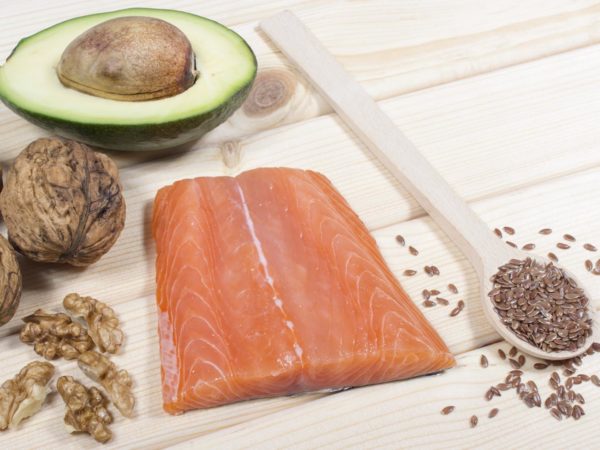Eating To Avoid Migraines

Increasing the amount of omega-3 fatty acids in your diet and cutting back on foods containing omega-6 oils could help decrease the frequency of migraine headaches. The potential effectiveness of this dietary strategy was identified in a review of 180 studies of migraines and diet. The results of the investigation were published in the journal Headache in October 2016, along with dietary recommendations, including eliminating polyunsaturated vegetable oils (corn, sunflower, safflower, canola and soy) and adding more fish and flaxseed to your daily fare. To eliminate MSG, a notorious trigger for migraine, study authors Vincent Martin, M.D., and Brinder Vij, M.D. of the University of Cincinnati College of Medicine advise eating more fresh fruits and vegetables and avoiding processed foods including canned and frozen foods, soups, snack foods, salad dressings, seasoning salts, ketchup and barbeque sauce and Chinese food, all of which contain MSG. They note that MSG is most likely to provoke migraines when consumed in soups. A low fat diet could also help, but only if fat consumption can be reduced to 20 percent of daily calories, the authors write, adding that a very strict low carbohydrate diet could work as well, but that it would require diligent physician supervision. Drs. Martin and Vij also advise people with migraines to limit caffeine consumption to 400 mg daily (one cup of coffee contains about 125 mg of caffeine) and to expect a headache on days you consume less caffeine than usual.
Source:
Vincent T. Martin, Brinder Vij. Diet and Headache: Part 1. Headache: The Journal of Head and Face Pain, 2016; 56 (9): 1543 DOI: 10.1111/head.12953
Also from this week’s health bulletin:










